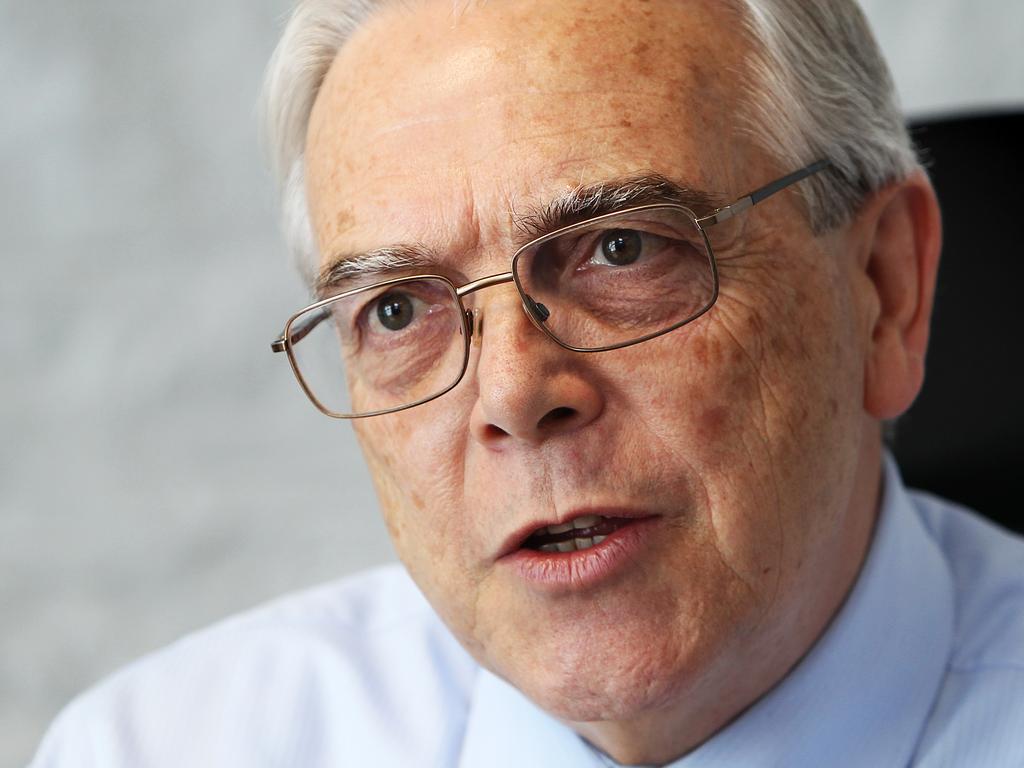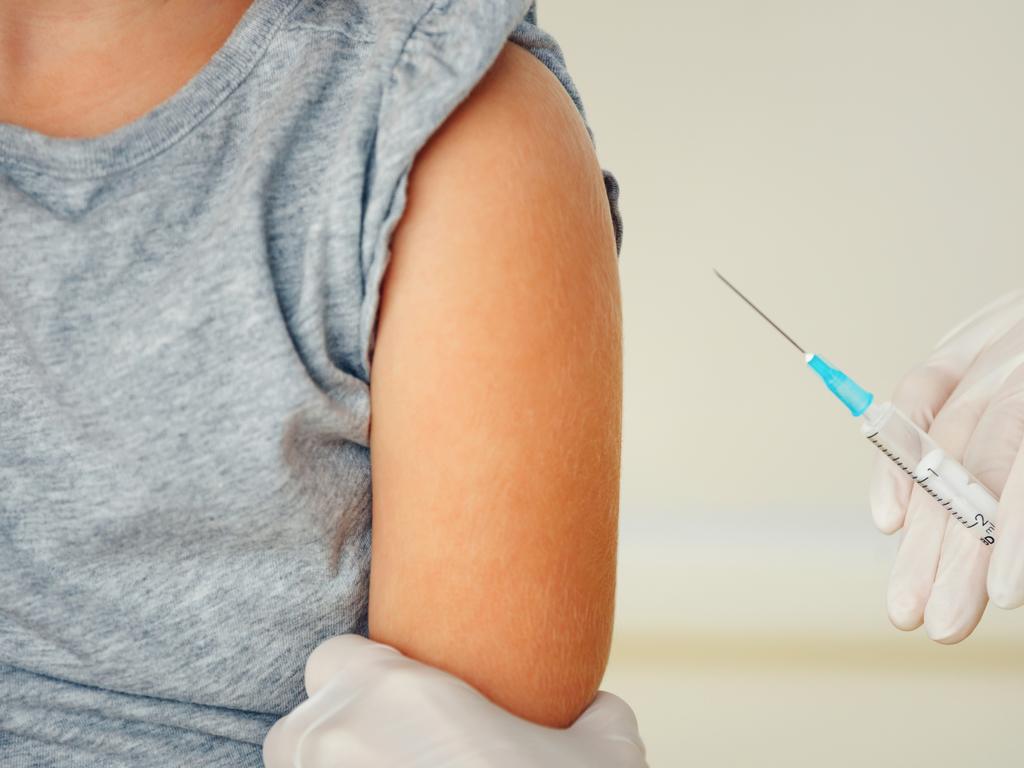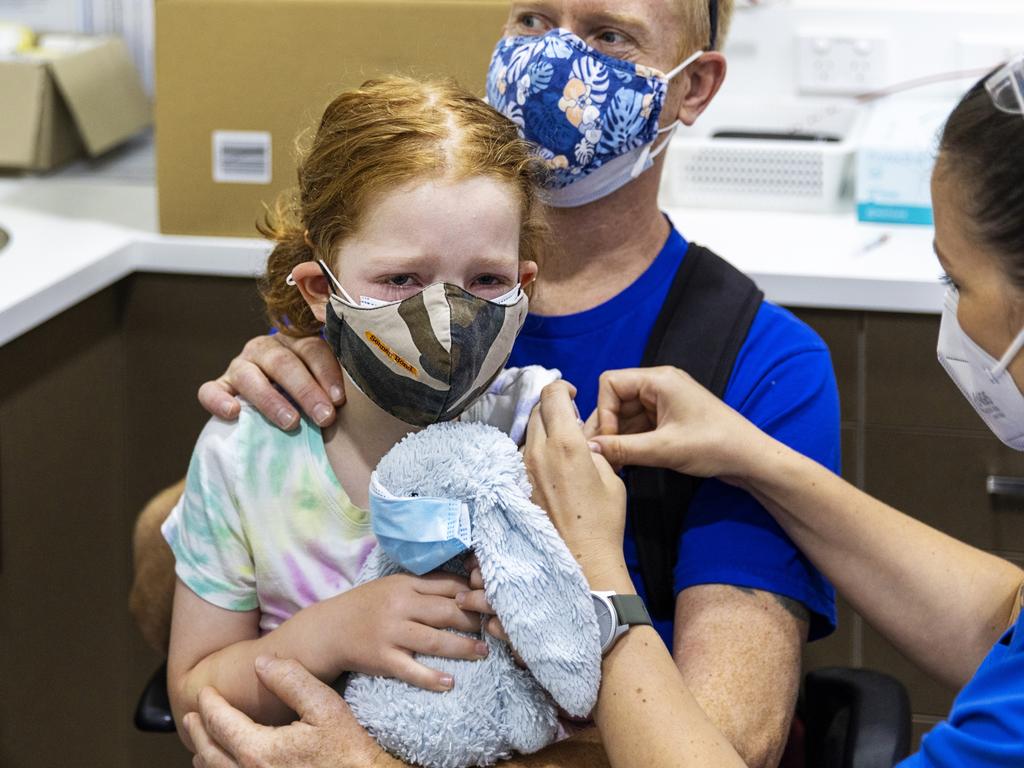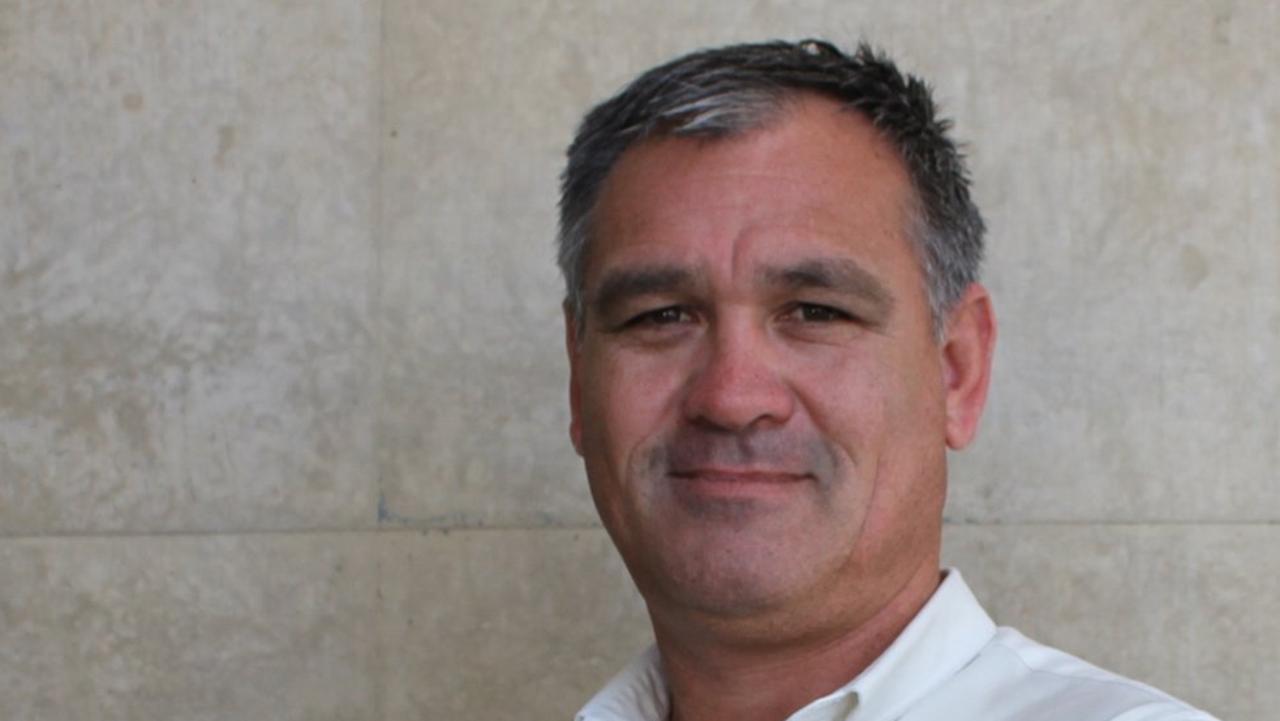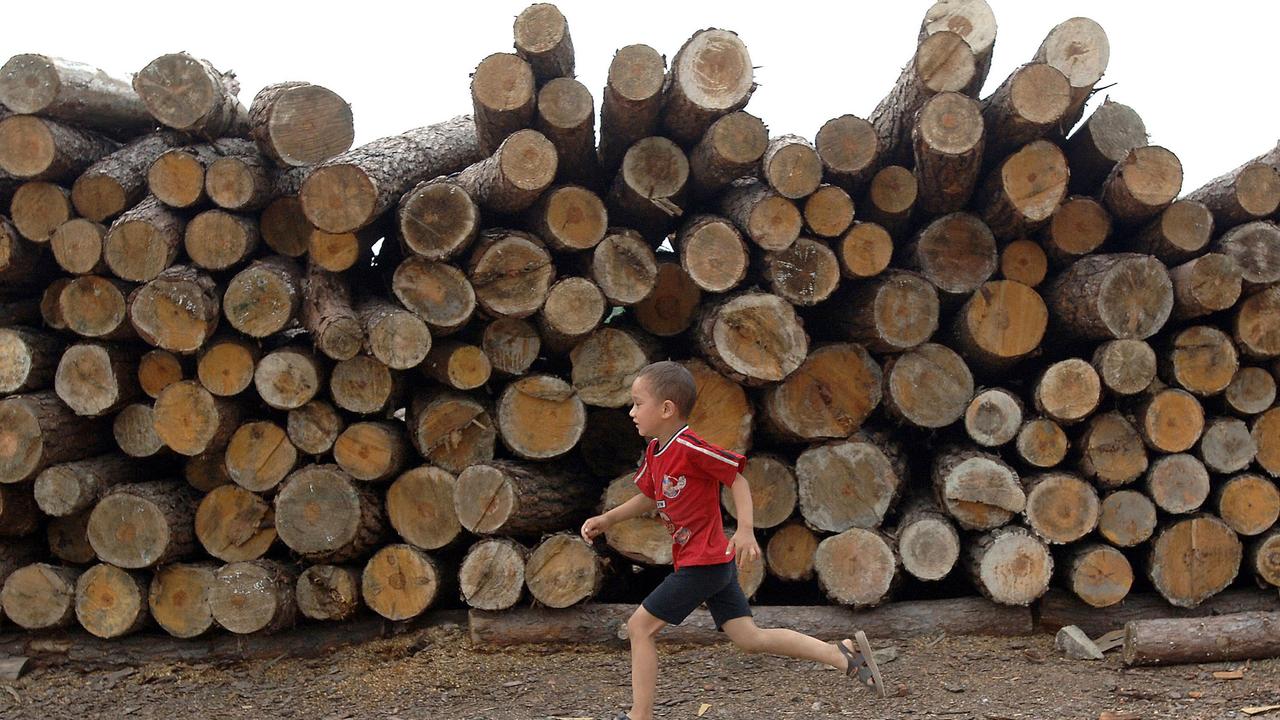Most Covid-19 Delta kids had only ‘runny nose’
Two-thirds of children recorded as Covid-19 patients in hospital were never sick but merely required out-of-home care, a sweeping government-funded study reveals.
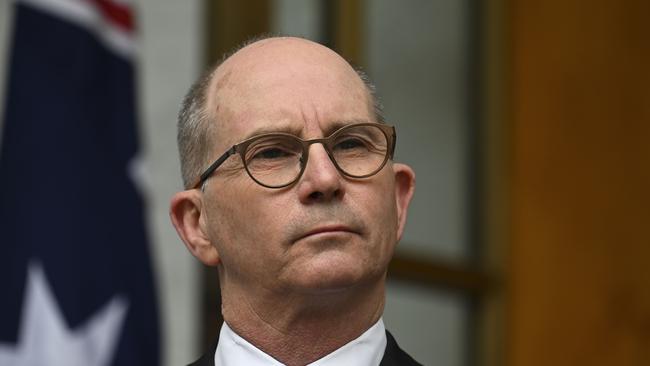
Two-thirds of children recorded as Covid-19 patients in hospital were never sick but merely required out-of-home care, a sweeping government-funded study reveals.
One in five children infected with the Delta variant of the virus in NSW did not show any symptoms, the first comprehensive study of the severity of coronavirus in Australian children concludes.
Obesity was the biggest risk factor for children getting sick, the study shows, with babies and teenagers more likely than toddlers to fall seriously ill.
As state governments decide whether to test teachers and students to keep schools open, the study of 17,474 under-16s in NSW who caught the virus in 2021 reveals the more dangerous Delta variant left most kids with little more than a runny nose.
Fifteen children required intensive-care treatment for a week, on average, and the one child who died was also infected with deadly meningitis.
Of the 459 children admitted to hospital, only 165 were admitted for medical need and stayed two days, on average.
“Two-thirds of the children admitted to hospital in our cohort were admitted for social rather than medical reasons, predominantly due to the hospitalisation of their own parents and carers,’’ the study concludes.
“A significant number of highly vulnerable children admitted to hospital were solely admitted due to the lack of availability of their usual social services to provide care – including those in out-of-home care or supported by disability support agencies.’’
The research was conducted between June and December 2021, when few teenagers were fully vaccinated and the Covid-19 vaccine had not been approved for under-12s.
The study, by researchers from the Sydney Children’s Hospitals Network, the National Centre for Immunisation Research and Surveillance, the University of Sydney, the University of NSW, and the Royal Children’s Hospital and Murdoch Children’s Research Institute in Melbourne, has not yet been peer reviewed.
But chief medical officer Professor Paul Kelly referred to the findings after national cabinet’s meeting on Thursday, declaring it showed Omicron was “very much a mild illness in children’’.
He said it was important children get back to class on time this month, and that schools stay open for kids’ physical and mental health. He said there was “a chance’’ that children could infect adults, which was the “trade-off’’ for keeping schools open.
“We want kids back at school, we want them back on day one and to keep them at school as much as possible, and there are trade-offs for that in terms of transmission,’’ he said.
Prime Minister Scott Morrison said Omicron “is all over the place’’ so adults risked catching the virus even if children stayed home. National cabinet failed to agree on a national plan for reopening schools, with Queensland and South Australia postponing the return.
Mr Morrison said some states would require “surveillance’’ testing to check for the spread of Omicron in schools and childcare, with the federal government to pay half the cost of rapid antigen tests (RAT).
Australian Education Union federal president Correna Haythorpe demanded that state and federal governments ensure a sufficient supply of free RAT kits for all staff and students.
She said teachers and students would return to school without consistent and nationally co-ordinated guidelines on how to mitigate health and safety risks.
Professor Kelly said school reopenings would increase movement in cities and towns. “We do expect transmission potential will increase as schools go back.’’
Thrive by Five, an advocacy group for young children, warned that more than 300 childcare centres are closed due to Omicron outbreaks. Chief executive Jay Weatherill said national cabinet had failed to protect children in daycare.


